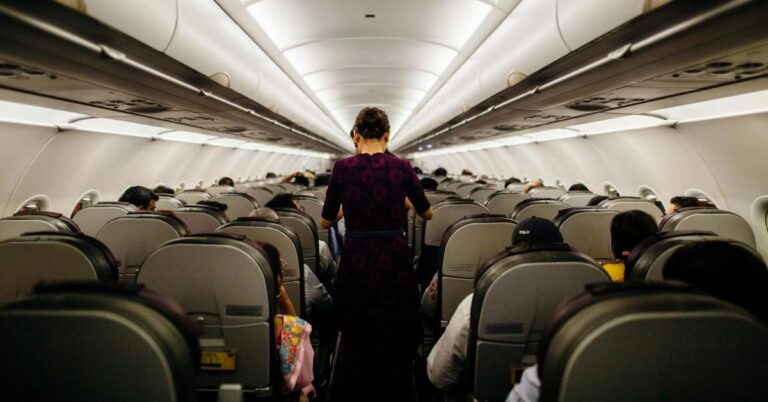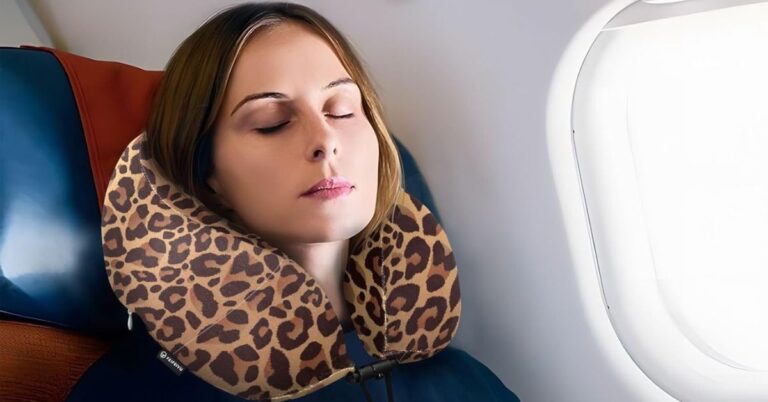15 Airline Rules You Didn’t Know Could Impact Your Flight

You followed the signs, did everything by the book—and still got flagged at the gate. Turns out, some airline rules are buried in fine print or just not explained well. Miss one, and your flight plans might take a hit. This article highlights 15 rules that could mess with your flight without warning.
Seats Are Not Always First-Come, First-Served

The moment you step onto the plane, there’s a chance your dream seat may already be claimed. Airlines assign seats before you board to ensure space is used wisely. It’s all about timing—your check-in and fare class determine your seat. Forgetting your assigned spot can hold up the boarding process, causing chaos for everyone.
You Can’t Always Choose Your Overhead Bin

Have you ever thought your overhead bin was all yours? Not quite. Bins are assigned based on your cabin class and boarding group. If you’re not in the right group, you might find your bag stowed far away. And, if you’re late to the board, there might not even be room for your carry-on.
The ‘Fasten Seatbelt’ Sign Is Legally Binding
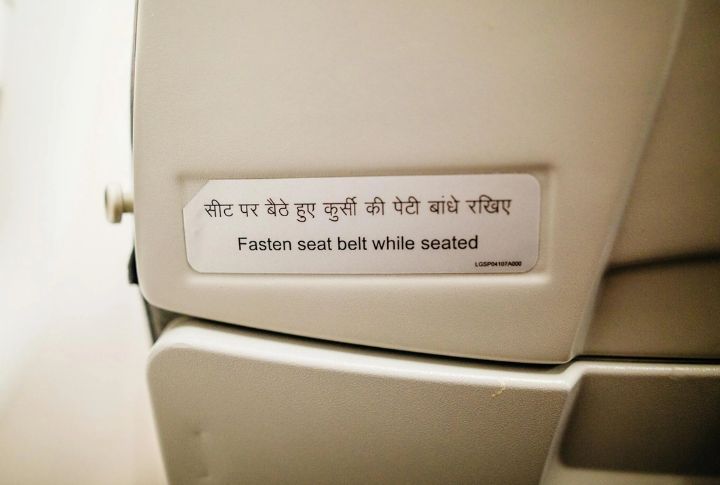
That “fasten seatbelt” sign isn’t just a suggestion—it’s the law. The FAA makes it clear that ignoring the sign during certain phases of flight can lead to fines. Flight attendants are there to ensure everyone follows it, and failure to comply could even result in arrest in extreme situations.
You Can’t Use Your Phone During Takeoff And Landing

This one’s pretty common—your phone has to be on airplane mode when the plane’s taking off or landing. The rule is there to prevent interference with the plane’s systems. Using your phone may result in fines or even disrupt services. You can use Wi-Fi once the plane reaches cruising altitude, though.
Disruptive Passengers Can Be Fined

Feeling frustrated during a flight? Remember, disruptive passengers can be fined. Federal regulations require you to follow crew instructions. If you’re unruly, you could even be banned from future flights. Airlines can involve law enforcement if necessary, all to maintain order and safety on board.
Crew Rest Areas Are Off-Limits To Passengers
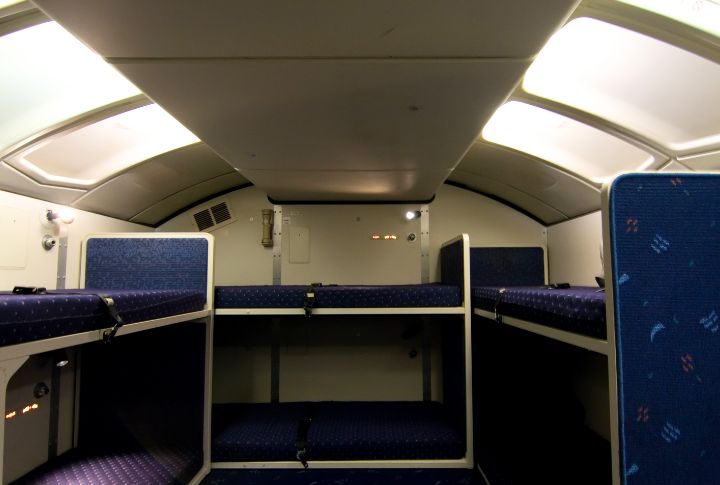
Flight attendants don’t just work nonstop—they rotate into small rest pods hidden in the aircraft. Located above or below the main cabin, these spaces are off-limits to travelers. Accessing them or even loitering nearby can result in disciplinary action. It’s part of keeping the crew sharp and ready.
Window Shades Must Be Up During Takeoff And Landing
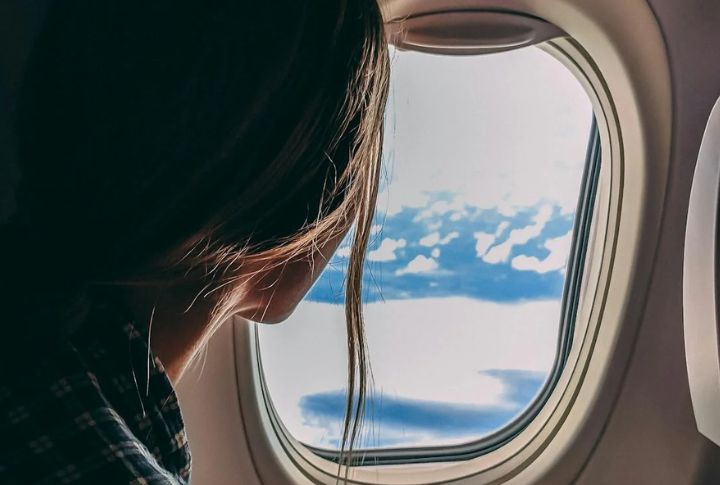
Window shades stay up during takeoff and landing so emergency crews can quickly see inside if something goes wrong. It also helps passengers adjust to outside light and spot any hazards. Airlines sometimes enforce the rule for consistency and quicker reactions.
Your Carry-On May Be Weighed
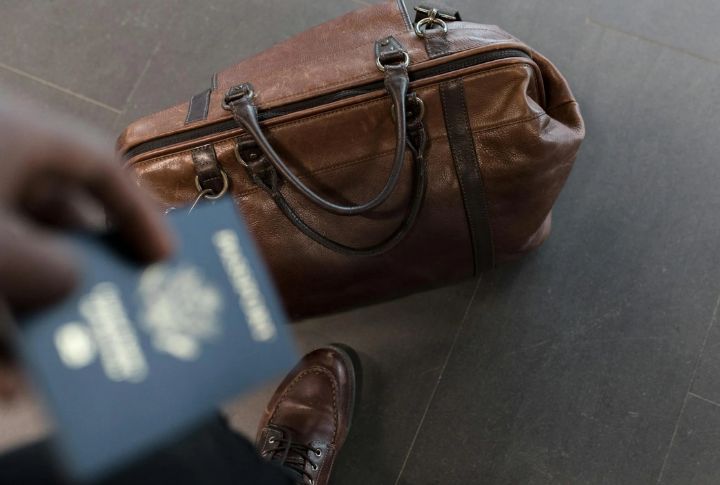
Some airlines check carry-on weight at the gate, especially on international flights. If your bag goes over the limit, you might pay extra or be asked to check it. It’s all about balancing the aircraft properly, so surprise checks help maintain safety and avoid uneven loading.
Alcohol Consumption Is Only Allowed by Crew
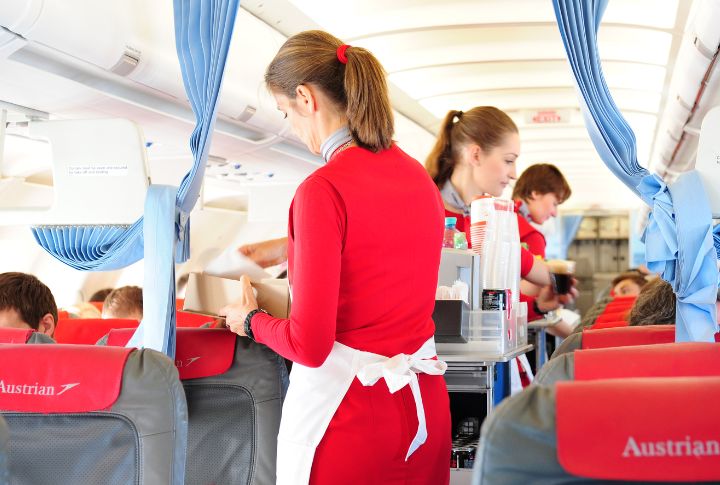
Flights go more smoothly when everyone respects the rules, especially around alcohol. Passengers are not allowed to drink their own supply; only the crew can serve it. Not following this could land you in some trouble. Staying calm and cooperative helps keep the cabin safe and comfortable for all.
Seat Reclining May Not Be Allowed During Meals
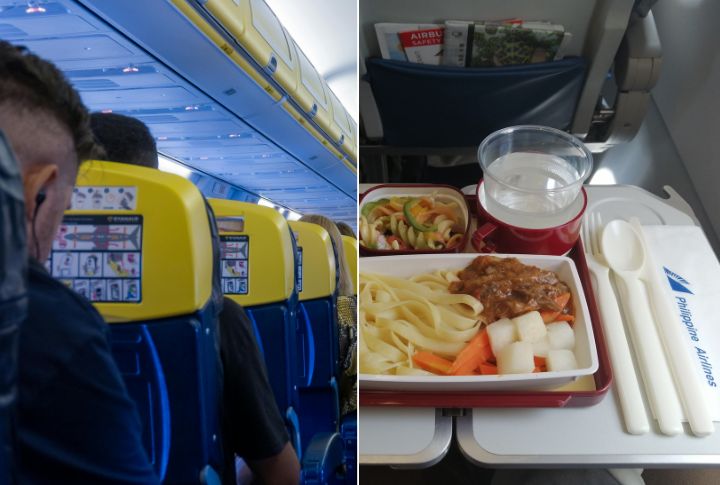
Reclining your seat may be tempting, but staying upright during mealtime is all about respect for your fellow passengers. Many airlines restrict reclining to avoid disturbing others. By following this simple rule, you help create a more comfortable atmosphere for everyone on board.
Certain In-Flight Items Are Restricted

Your carry-on might still be inspected before boarding if something looks off. Airlines restrict certain items, like sharp objects and large containers of liquid, for safety. You won’t want to lose anything last minute, so checking what’s allowed ahead of time is always a smart move.
Priority Boarding Is Reserved For Specific Passengers
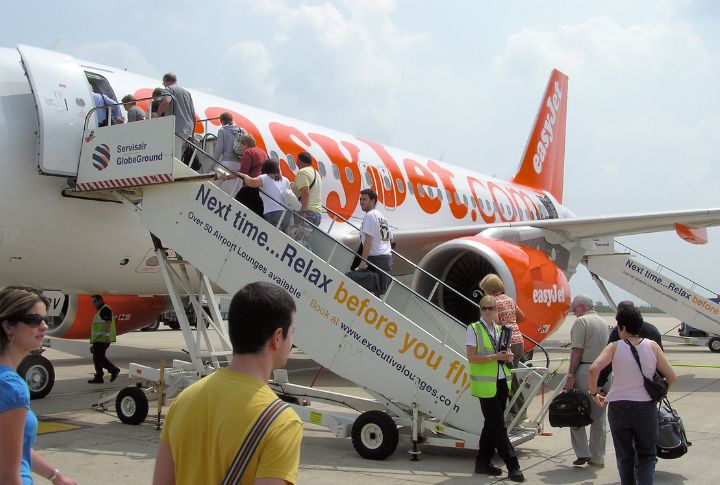
Priority boarding is a perk for certain passengers. First-class travelers, elite members, and those with special needs board first. Some airlines even let you pay extra for priority boarding. It helps avoid delays, and priority passengers get early access to overhead bins, making the whole process smoother.
Unaccompanied Minors Have Special Restrictions
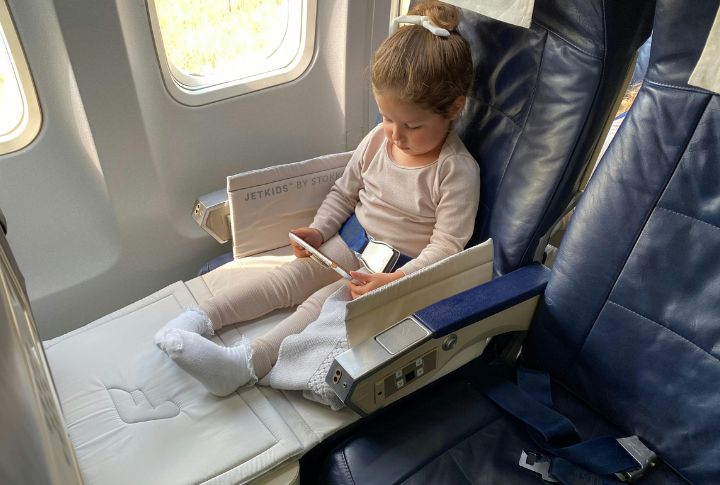
Unaccompanied minors have special rules. Airlines impose stricter policies for kids flying without adults, and they may be escorted by flight attendants. Special seating arrangements are required for their safety, and the child’s age will determine the level of assistance they get. Some flights also limit how many unaccompanied minors can board.
You Can’t Just Leave Your Seat During Turbulence
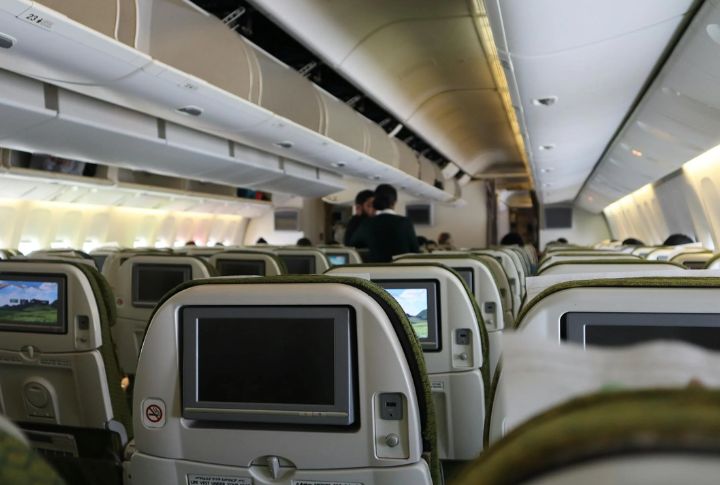
Federal regulations mandate that passengers remain seated during turbulence to prevent injuries. Turbulence can happen unexpectedly, and movement during rough air is risky. The cabin crew will give instructions when it’s safe to move. Disregarding this rule can lead to serious consequences.
You Must Follow The Boarding Order
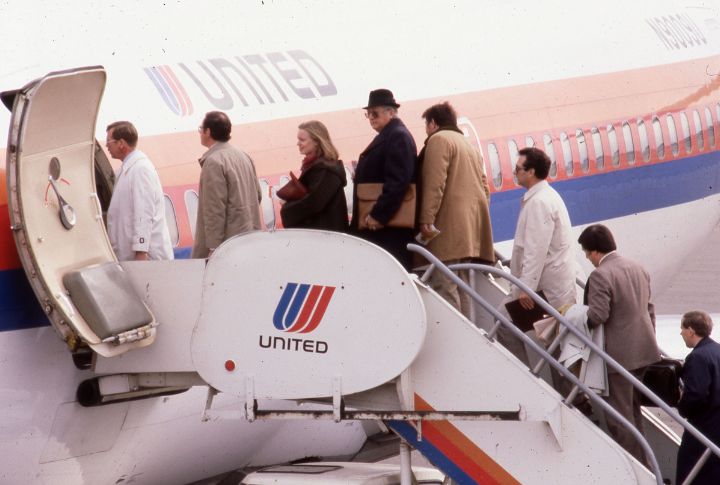
Jumping ahead in line might feel harmless, but it disrupts a system designed to keep things moving. Airlines assign boarding groups for a reason—usually starting with elite passengers, first-class travelers, or those with special needs. Wait until your group is announced before approaching the gate to avoid unnecessary delays.




